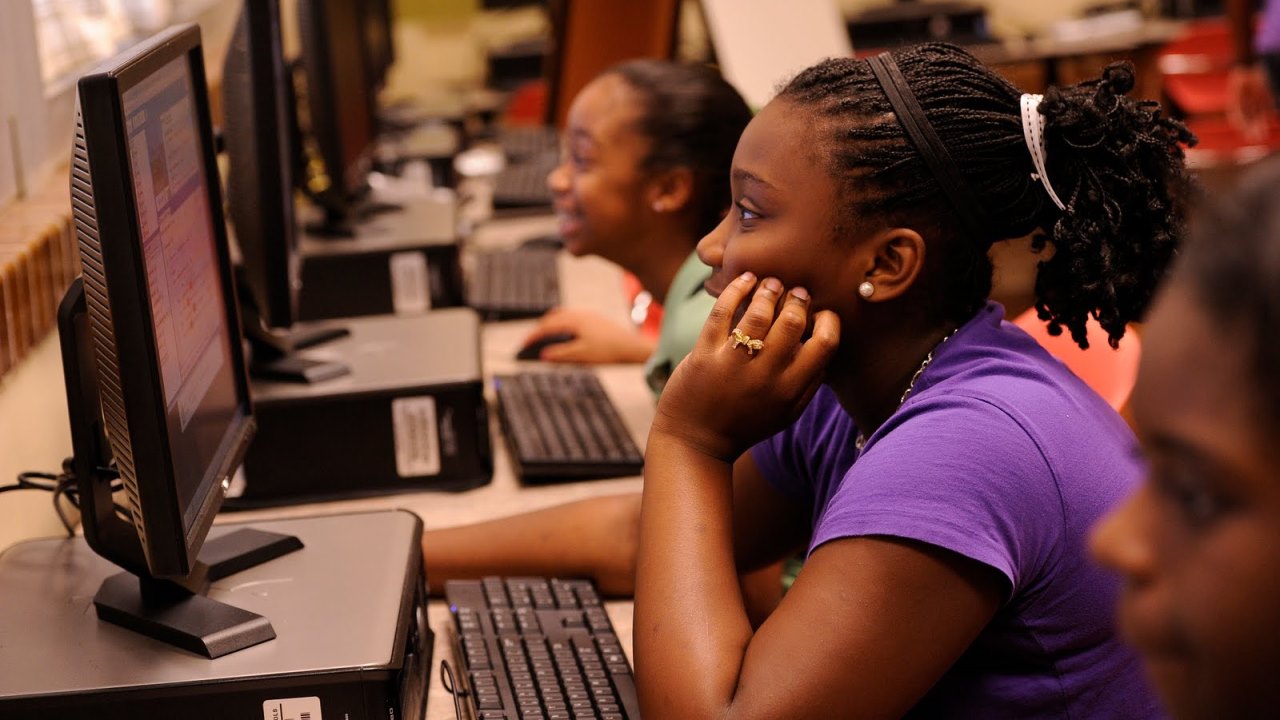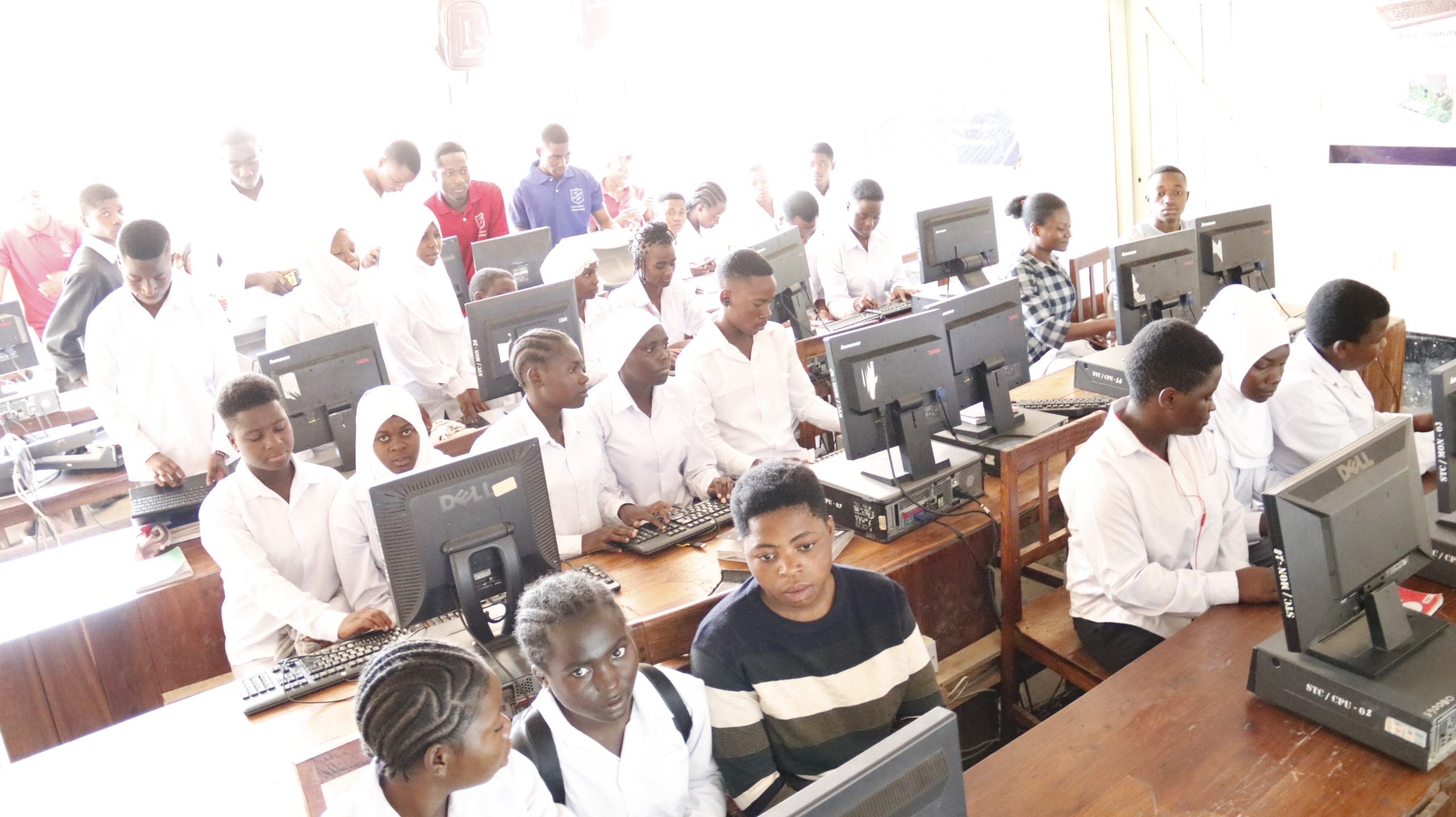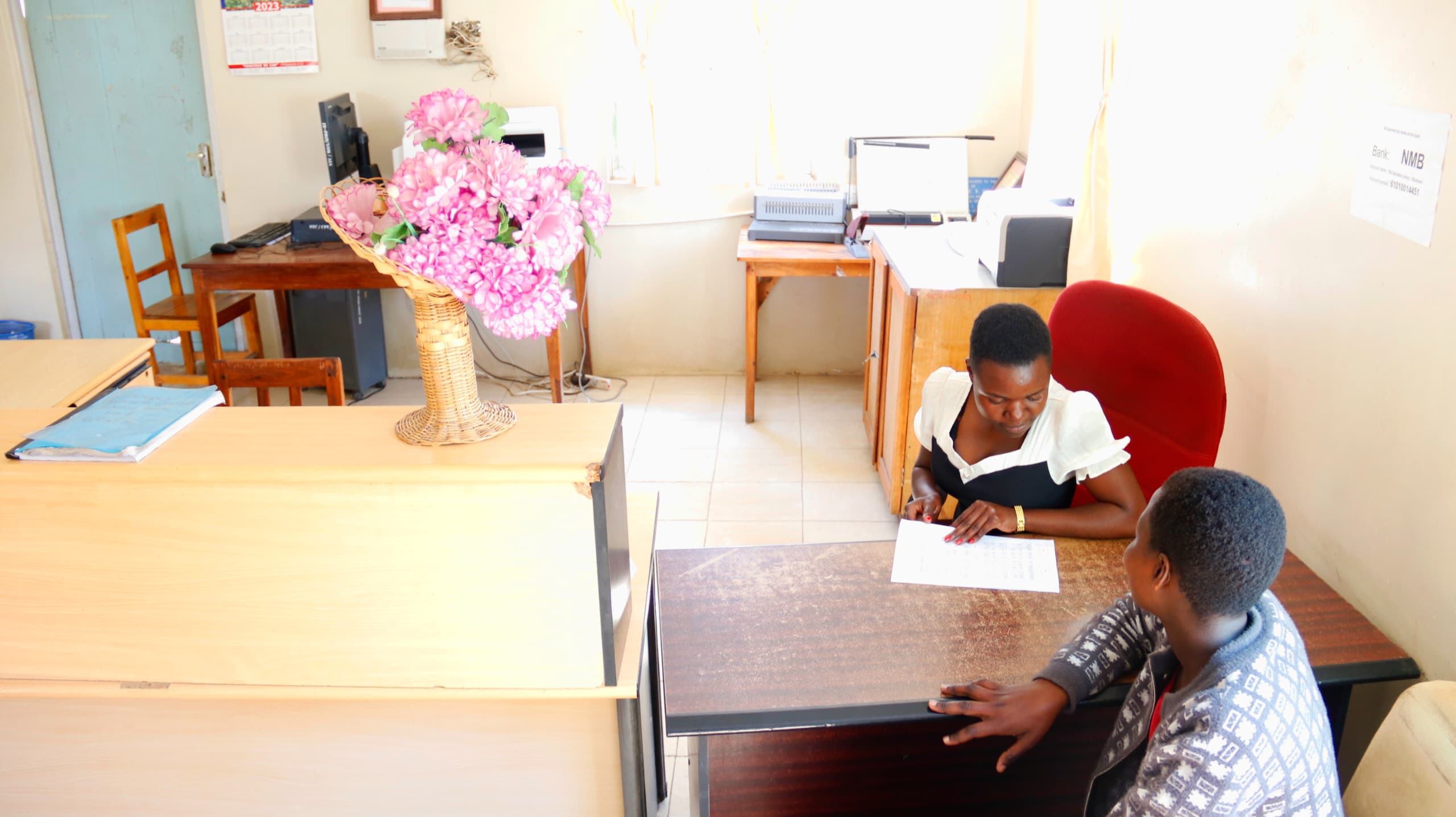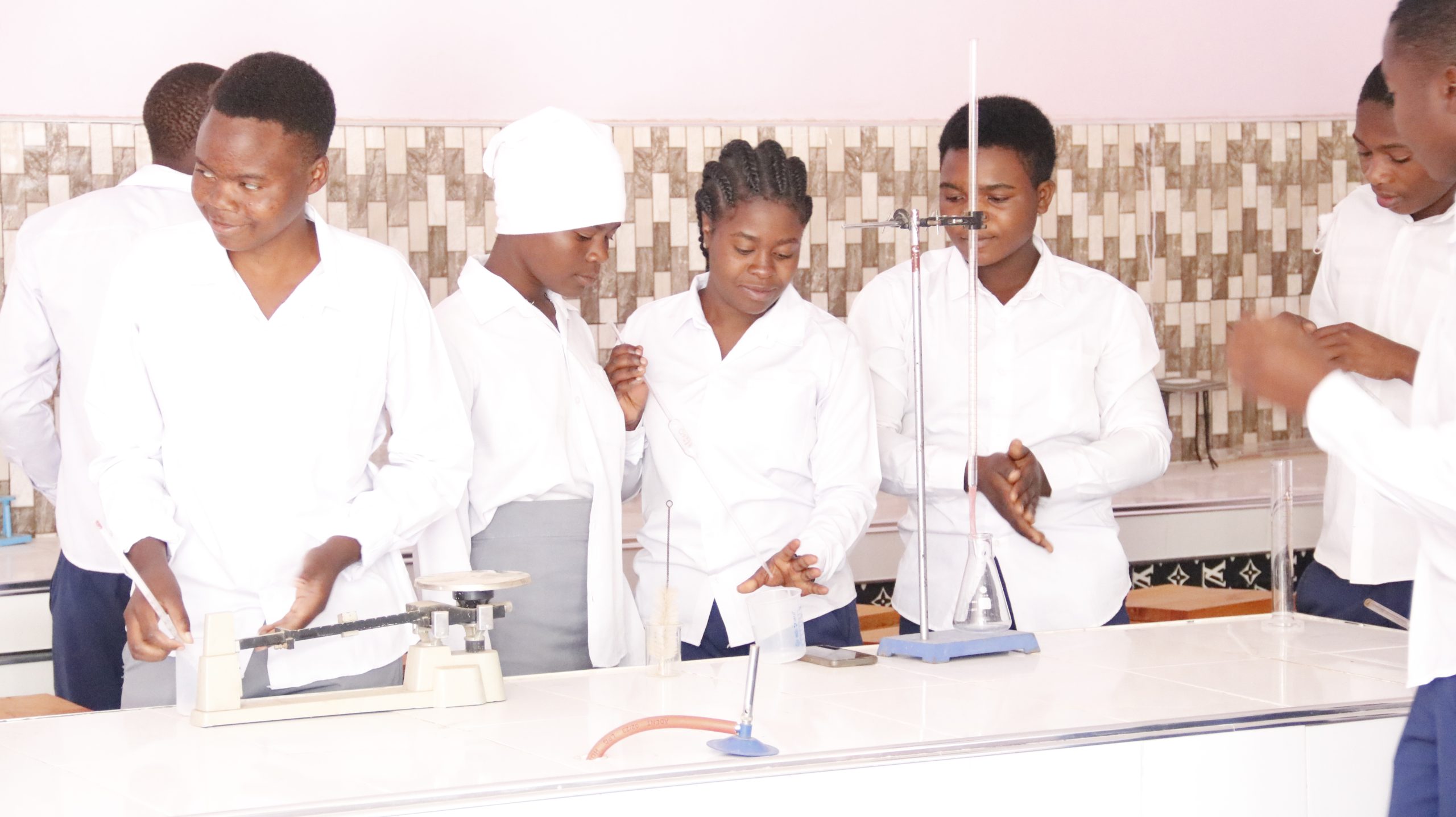Laboratory Science
The Laboratory Science program at Shukrani Training College is designed to provide students with in-depth knowledge and hands-on experience in laboratory practices and scientific analysis.
Overview
COURSE DESCRIPTION
The Laboratory Science program at Shukrani Training College is designed to provide students with in-depth knowledge and hands-on experience in laboratory practices and scientific analysis. This course offers a comprehensive curriculum that includes biology, chemistry, microbiology, and clinical laboratory techniques essential for diagnostic and research settings.
CERTIFICATION
Upon successful completion of the Laboratory Science program, students will receive a Diploma in Laboratory Science. This certification qualifies graduates to work as laboratory technicians or pursue further studies in medical or research laboratories.
LEARNING OUTCOMES
- Laboratory Skills: Demonstrate proficiency in laboratory techniques including specimen collection, sample preparation, and the use of scientific instruments such as microscopes, spectrophotometers, and centrifuges.
- Data Analysis: Analyze, interpret, and report data accurately, using scientific reasoning to solve complex laboratory problems.
- Safety Practices: Understand and apply laboratory safety protocols to ensure the safety of personnel, equipment, and the environment.
- Technical Competency: Utilize modern laboratory tools and technologies for conducting tests in clinical, research, and industrial settings.
- Quality Control: Implement quality control measures to ensure the accuracy and reliability of laboratory results.
- Communication: Effectively communicate laboratory findings and collaborate with other scientists, technicians, and healthcare professionals.
- Ethical Practice: Uphold ethical standards in laboratory work, including patient confidentiality, integrity in research, and adherence to industry regulations.
- Scientific Knowledge: Apply foundational knowledge in biology, chemistry, and microbiology to real-world laboratory scenarios, improving scientific inquiry and experimentation.





